Description
MDMA
MDMA. MDMA tablets typically contain 60-120 milligrams, and clients may need a second dose when the main portion wears off. Purchase it online.
Chemical & Physical Properties:
-
Chemical Formula: C11H15NO2
-
Molecular Weight: 193.25 g/mol
-
IUPAC Name: 1-(3,4-Methylenedioxyphenyl)-2-methylaminopropane
-
Appearance: White, crystalline powder or colorful pills (when in Ecstasy form)
-
Solubility: Soluble in water, ethanol, and some organic solvents.
Effects:
-
Positive Effects:
-
Euphoria: A profound sense of well-being and pleasure.
-
Increased sociability: Enhanced feelings of connection and empathy with others.
-
Increased energy: Heightened physical energy and stimulation.
-
Sensory enhancement: Amplified visual, auditory, and tactile sensations, making music and touch feel more intense.
-
Empathy and emotional warmth: Increased emotional openness, connection, and understanding.
-
-
Negative Effects (especially at high doses or in improper settings):
-
Dehydration: MDMA increases body temperature and can lead to dehydration, especially when used in hot environments like dance clubs.
-
Overheating: This can lead to hyperthermia, which is a dangerous rise in body temperature.
-
Jaw clenching and teeth grinding.
-
Anxiety, agitation, and restlessness: These can occur after the initial effects wear off.
-
Nausea and dizziness: Common side effects during or after the experience.
-
Depression and fatigue: After the drug wears off, users may experience a “comedown,” characterized by feelings of sadness, fatigue, and low mood.
-
Serotonin syndrome: In rare cases, MDMA can trigger serotonin syndrome, a potentially life-threatening condition that results in an excess of serotonin in the brain.
-
Medical Uses:
-
MDMA has been explored in psychotherapy, particularly for PTSD and anxiety disorders. Studies suggest that when used in a controlled environment with a trained therapist, MDMA can help patients process emotions and experiences in ways that traditional treatments might not.
-
In clinical settings, MDMA is sometimes used in conjunction with psychotherapy to facilitate emotional breakthroughs and enhance empathy.
Risks and Safety Concerns:
-
Addiction potential: While MDMA is not generally considered physically addictive, some users can develop a psychological dependence on the feelings of euphoria and connection it provides.
-
Overdose: High doses or using MDMA in hot, crowded environments can lead to overheating, severe dehydration, and electrolyte imbalances.
-
Neurotoxicity: Prolonged or repeated use can potentially damage serotonin-producing neurons, leading to long-term cognitive and emotional problems.
Legal Status:
-
MDMA is classified as a Schedule I controlled substance in the United States, meaning it is considered to have a high potential for abuse and no accepted medical use for general consumption. However, it is legal for use in clinical trials for therapeutic purposes under strict regulations.
-
It is also illegal in many other countries, though there are ongoing efforts to push for its legalisation for therapeutic use in controlled settings.
Forms and Street Names:
-
Ecstasy: Typically in pill form, often mixed with other substances, which can pose serious health risks due to unknown contaminants.
-
Molly: Usually refers to MDMA in its pure crystal form, although it can sometimes be adulterated with other substances.

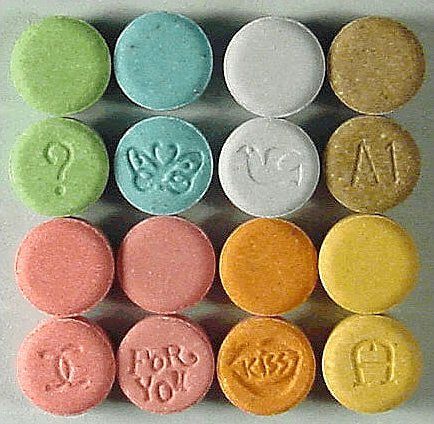
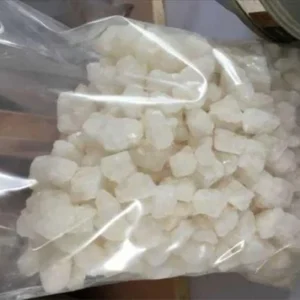
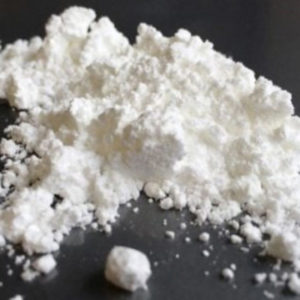

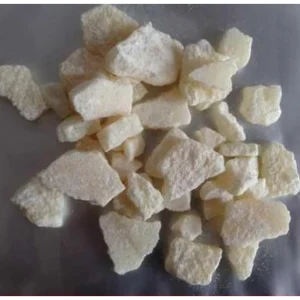
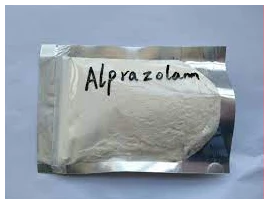

Reviews
There are no reviews yet.